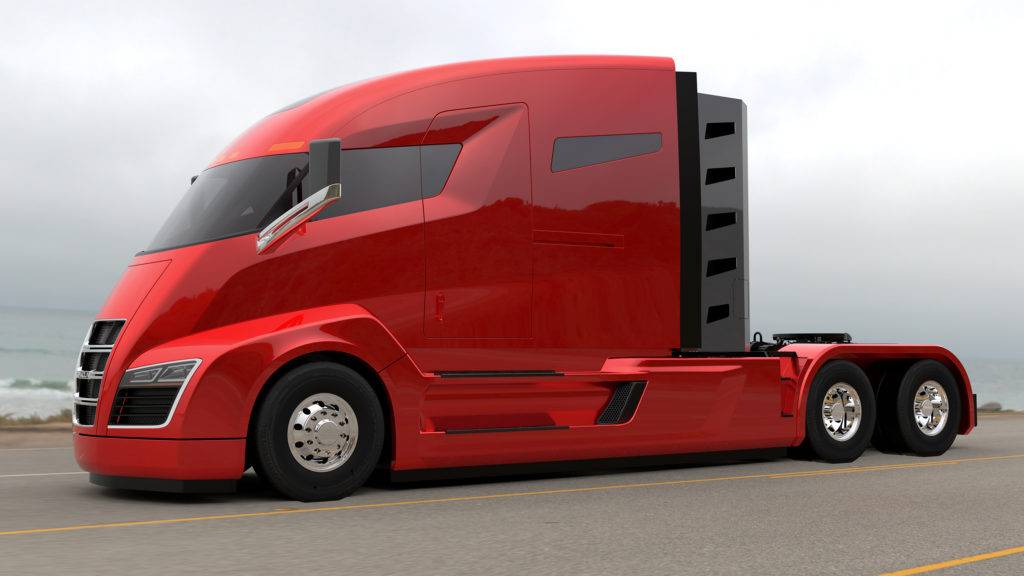The next few years could see vehicles of all shapes and sizes, from Google’s current prototype car to Class 8 trucks, move from human drivers to computer algorithms.
Daimler, the parent company of Mercedes Benz, has already started testing its semi-truck in Nevada and Germany. Volvo and a Volkswagen subsidiary are also testing autonomous trucks in Europe, with Volkswagen’s managing over 2,000km without taking over control.
See also: Self-driving tech startup Otto wants truckers to keep on…napping
The freight business relies quite heavily on trucks, the provider of more than half the shipments in the United States, according to Wired. Bringing self-driving into the mix might be a blessing and a curse, as it might with all industries.
Autonomous trucks will reduce accidents on the road and might allow truckers — an industry that has a 90 percent labor turnover rate — to watch movies or read books instead of constantly watching the road, which might lead to a lower turnover rate.
But that short-term advantage for truck drivers will be lost once regulators let autonomous trucks drive on the road without a human inside. That is bound to bring a swift end to the freight business, at least for drivers.
Electric trucks another innovative step
Autonomous functionality is not the only innovation coming to trucks in the near future. A Salt Lake City-based startup, using the first half of Nikola Tesla’s as their brand name, has announced plans to launch a Class 8 electric truck, named the Nikola One.
This is not like other electric vehicles however, it features a turbine that continues to power the car, making it self-sufficient. If it happens to turn out of juice, it has a fuel agnostic car that accepts natural gas, making it the safest and cheapest car to run on the roads.
Nikola Motors promises a 1,200 mile range and 1 million miles of free fuel, though the latter might be a promotion for the first few hundred buyers.
It also plans to utilize self-driving systems in the future to improve fuel efficiency.


















